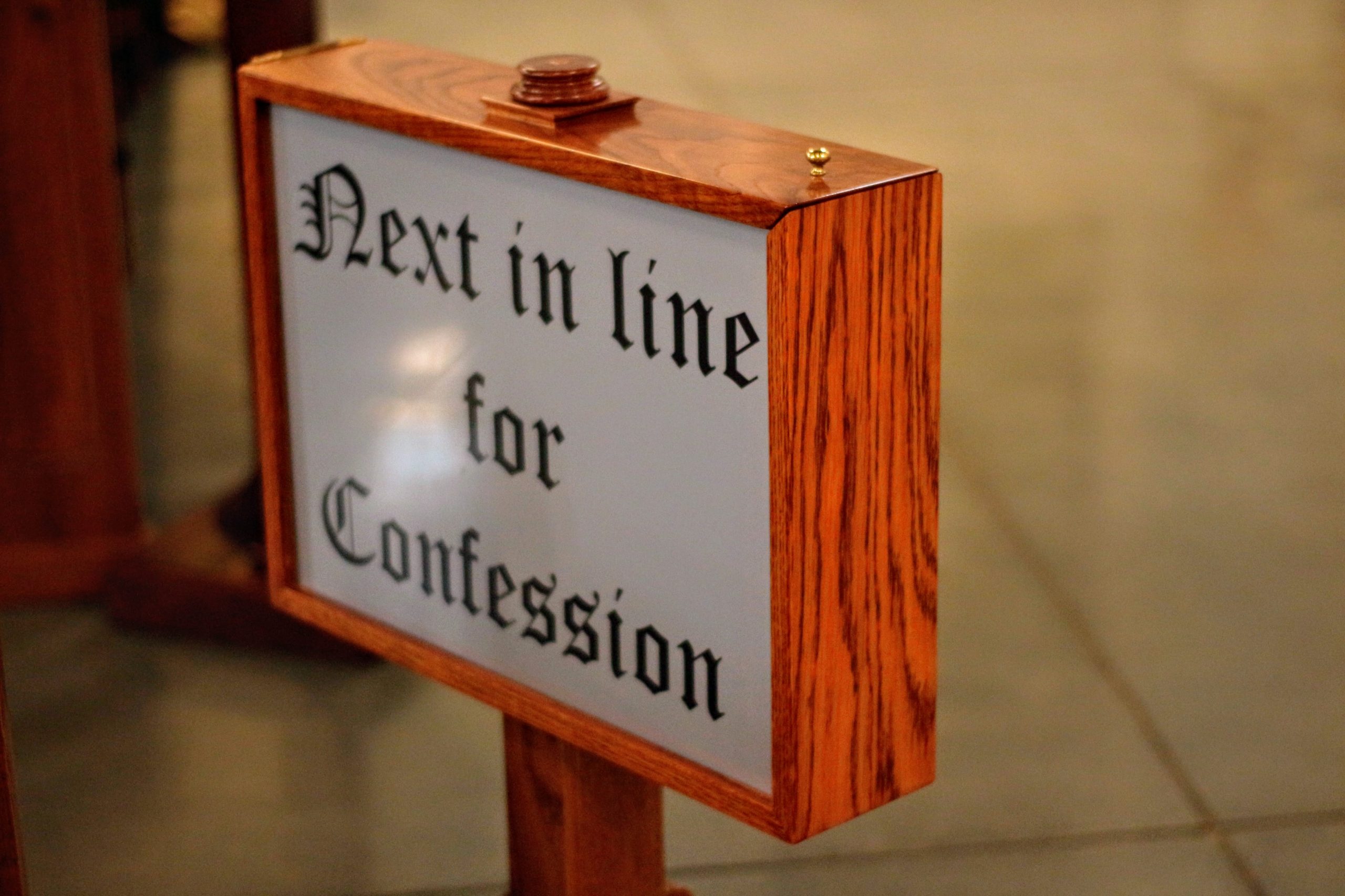
Today, I want to talk about interviews and how they should change. Not all of them, of course; some organizations are incredibly mindful about their interview process and that is very appreciated. But if your company is guilty of any of these interviewing sins, I encourage you to confess and reevaluate.
Let’s begin.
Sin #1: Asking questions that don’t match the position.
I don’t mean asking questions about coding to someone interviewing for an HR position (but don’t do that, either). I mean asking really tough, hard-hitting, detailed questions when the role is entry-level, for instance.
I don’t mean asking questions about coding to someone interviewing for an HR position (but don’t do that, either). I mean asking really tough, hard-hitting, detailed questions when the role is entry-level, for instance.
The second time, I was interviewing for a position on the board of a local nonprofit. Don’t get me wrong: serving on a board is a real honor and responsibility; but they grilled me like I was gunning for the Executive Director role, which was completely unnecessary.
Sin #2: Requiring too much time of the candidate
A friend of mine recently went through an interview process that required over 30 hours of her time. She had several rounds of interviews, check-ins on the phone with the hiring manager, and a project (see Sin #3). This is all while working full-time. Expecting candidates to commit that much time to your process is disrespectful of their time and you run the risk of them dropping out due to frustration.
This practice also puts women and marginalized populations at a disadvantage because they typically have less “free” time to dedicate to your exercises because they are responsible for childcare, household management, second and third jobs, etc. Many who are employed while job-hunting are forced to take time off from work in order to interview — time that they may not be paid for.
Sin #3: Requiring a project
This one goes hand-in-hand with Sin #2. If you want to see how someone thinks or works, ask for examples of work they’ve done previously. This respects their time and their accomplishments. Also, this is what references are for!
Sometimes, it seems like organizations use interviews as a way to get free ideas, free work from their candidates. Sure, they’re usually actually trying to hire, but it’s sneaky and unfair. If you want to know how some works and thinks, trust their work examples, track record, and references (not to mention your interview questions!).
Sin #4: Failing to follow up
For the love of all that is holy (Get it? Since this post is sin themed?), let the candidate(s) know if they didn’t get the job or if there are any delays or changes in the process than previously communicated.
These sins all stem from the same issue: a lack of respect for the candidate and their time. So, the next time you have an open role or are asked to contribute to the interview process, ask yourself how you can be most respectful of the candidates’ time and accomplishments — and do that.
What sins am I missing? Please share your interviewing horror stories with me!




